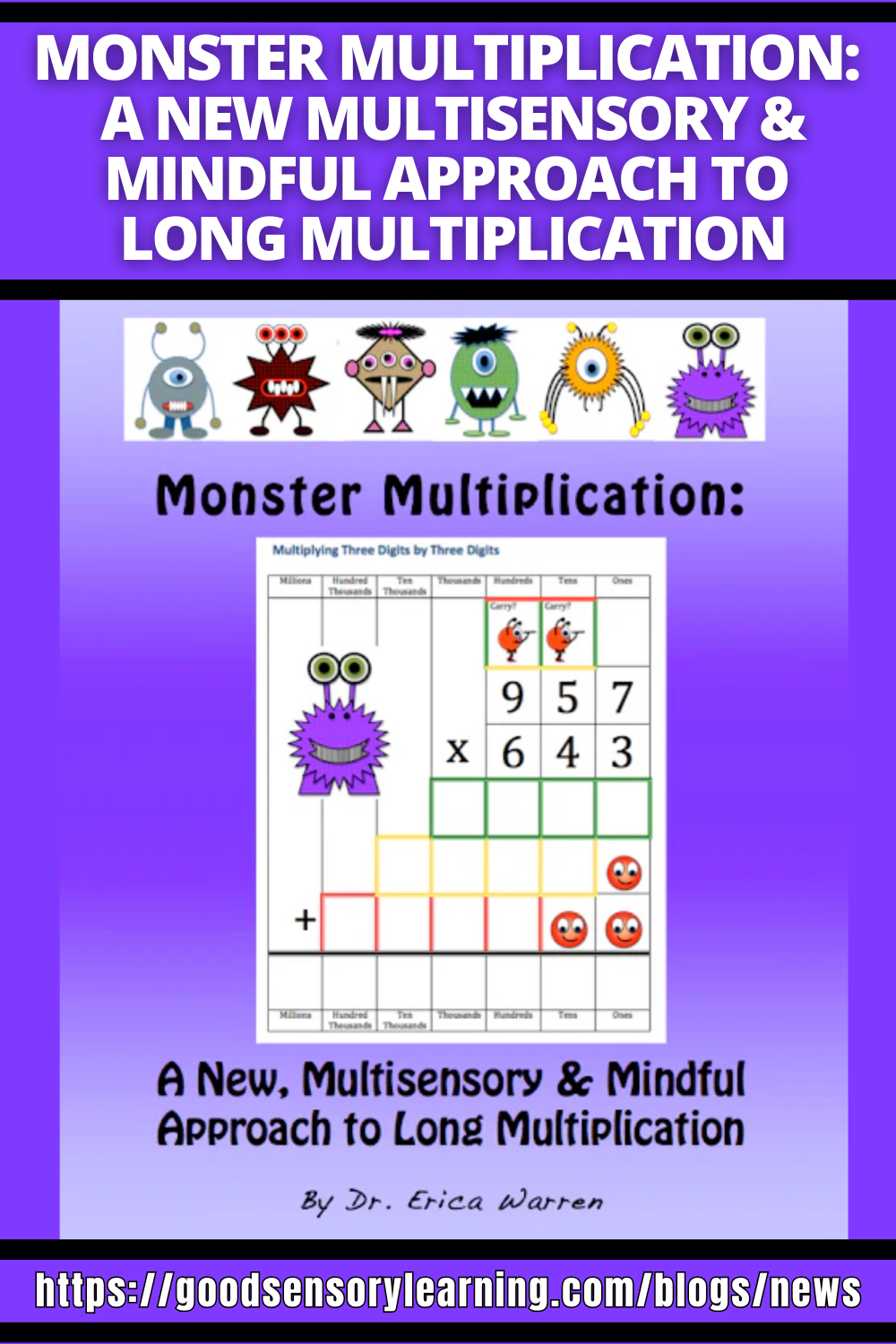5 Reasons Why Dyslexics Should Avoid a Foreign Language
Foreign language courses are mandatory for graduation in many high schools and colleges; however, for some students with language-based learning disabilities such as dyslexia, this requirement may feel insurmountable. Luckily, schools and even Ivy League colleges, such as Dartmouth, are now granting students with well-documented learning disabilities waivers of foreign language requirements.
Laws such as the Americans with Disabilities Act of 1990 have now paved the way to reasonable accommodations and substitution courses that have widened the route to graduation.

5 Reasons Dyslexic Students Should Avoid Traditional Foreign Languages
- Dyslexia is a language-based learning disability, and learning a foreign language presents the same difficulties with decoding, spelling, and writing as the English language.
- Foreign language teachers are not trained to identify and accommodate the diverse learning needs of students with learning disabilities.
- Most schools and colleges offer foreign language waivers and substitutions for students with diagnosed learning disabilities such as dyslexia. Many schools offer alternative classes, such as Spanish history, French culture, or a European literature class.
- American Sign Language (ASL) is technically a language, and many schools and colleges are now honoring this option to meet foreign language requirements. Because ASL does not require a written component, does not have an auditory component, and is multisensory in its presentation, it is often much easier for students with dyslexia to master. Whether considering this option for high school or college, community colleges, as well as online options, can be investigated.
- Learning a foreign language can place a student with dyslexia under stress that can undermine their academic self-confidence. Time and time again, I see the negative impact stress has on the learning process. To learn more about this, CLICK HERE.
What are Some Strategies that Can Help a Student with Dyslexia Learn a Foreign Language?
No two students with dyslexia have the same strengths and weaknesses, so some can manage traditional foreign language courses. Others may decide to attempt a foreign language and will need strategies and accommodations that can help them along the way. Here are some suggestions.
- Integrate memory strategies, such as hooking, to help students with dyslexia with spelling and learning new vocabulary.
- If spelling is a problem, a common reasonable accommodation is for the teacher not to deduct points for spelling errors.
- Multisensory teaching methods can provide a better learning environment for students with dyslexia. This involves the use of visual, auditory, and tactile senses to enhance memory and learning of written language. Personally, I take it one step further and favor the student processing approach, which honors all 12 ways of learning.
- Students with a diagnosed learning disability can work with schools and colleges to acquire reasonable accommodations. Some common accommodations are extended time for tests and assignments, a copy of the teacher's notes, and no deductions for spelling errors.
 When making the decision to pursue a foreign language for a student with dyslexia, be sure to fully weigh the pros and cons. Also, make sure the student themselves has a voice in the decision.
When making the decision to pursue a foreign language for a student with dyslexia, be sure to fully weigh the pros and cons. Also, make sure the student themselves has a voice in the decision.
Where Can I Find Multisensory Remedial Tools for Students with Dyslexia?
If you are looking for fun, creative, and multisensory remedial materials, lessons, and games created for learners with dyslexia, CLICK HERE.
I hope this helps. Reach out any time.
Cheers, Erica
Dr. Erica Warren is the author, illustrator, and publisher of multisensory educational materials at Good Sensory Learning. She is also the director of Learning to Learn and Learning Specialist Courses.
- Blog: https://goodsensorylearning.com/blogs/news
- YouTube Channel: https://www.youtube.com/user/warrenerica1
- Executive Function Podcast: https://goodsensorylearning.com/pages/the-personal-brain-trainer-podcast-with-dr-erica-warren
- Store: http://www.Goodsensorylearning.com/
- Courses: http://www.learningspecialistcourses.com/
- Newsletter Sign-up: https://good-sensory-learning.kit.com/drericawarren




Leave a comment
This site is protected by hCaptcha and the hCaptcha Privacy Policy and Terms of Service apply.